Engaging communities for lasting development
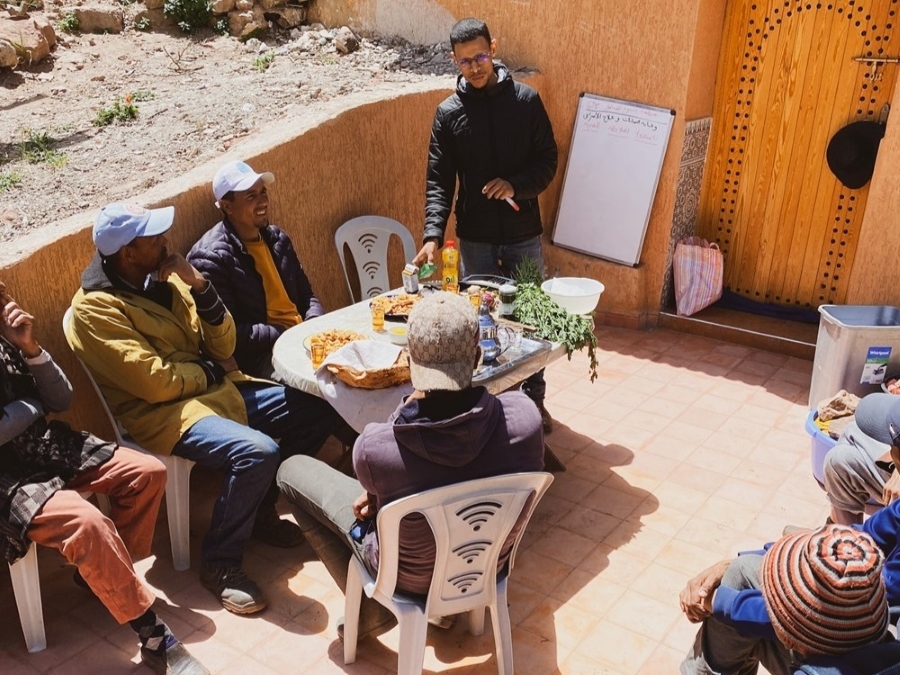
Capacity Building Workshop with Farmers in Talat N'Yaaqoub. Credit - Abderrazak Bassir.
The vital role of local communities in sustainable development
In the realm of sustainable development, the involvement of local communities is not only beneficial, it is critical for the success of any programme. This principle underpins the mission of the Global Diversity Foundation (GDF) with its decade-long High Atlas Cultural Landscape Programme, where we recognise that the most effective and lasting projects are those deeply rooted in the communities they aim to support. Our work in the High Atlas region of Morocco exemplifies this approach, demonstrating how local engagement can enhance biodiversity conservation, climate resilience, and agricultural development.
At GDF, we believe that true progress in environmental and agricultural initiatives comes from collaborating closely with local communities. This collaboration is not limited to the initial planning stages but extends throughout the implementation and evaluation phases of our projects. Our commitment to this approach is particularly evident in our agro-terraces enhancement work, which stands as a testament to the power of local knowledge and community-driven solutions.
Harnessing local expertise and resources
The agro-terraces enhancement project is a cornerstone of our efforts in the High Atlas region. This initiative involves the careful enhancing of traditional terraced farming systems to improve soil fertility and crop yields. Central to this project is the collaboration between GDF's Field Agronomists and local farmers. Our agronomists work closely with farmers, leveraging their extensive ancestral knowledge and utilising locally available materials. This approach not only honours but amplifies the traditional practices that have sustained these communities for generations.
Understanding the specific strengths and limitations faced by local farmers is crucial for crafting effective interventions. Our field agronomists engage directly with farmers to gain insights into their unique challenges and opportunities. This hands-on approach enables the design of tailored training programmes that address the most pressing issues. Through these programmes, we deliver targeted workshops on topics ranging from pest management techniques to comprehensive crop management systems.
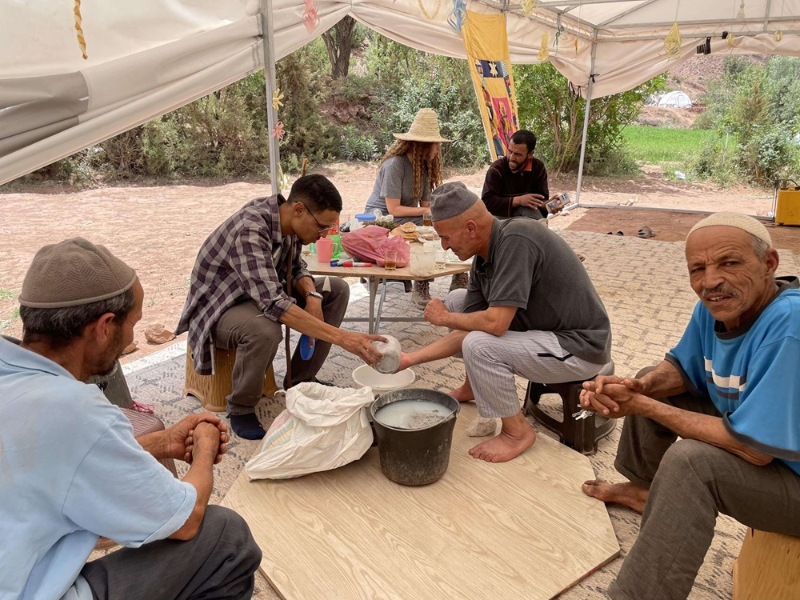
Empowering farmers through hands-on training
A significant component of our work involves conducting Farmer Field School sessions. These sessions are designed to provide practical, hands-on training that equips farmers with the knowledge and skills needed to overcome obstacles and improve their agricultural practices. Since the launch of this initiative, over 50 farmers in nine different communities across the High Atlas region have participated in these sessions. The feedback has been overwhelmingly positive, with farmers noting that the training has enabled them to solve problems they previously found challenging due to lack of knowledge or high costs.
For instance, farmers have learned effective strategies for managing pests that previously threatened their crops, leading to increased yields and reduced losses. They have also been introduced to innovative techniques for soil management and crop rotation, which have contributed to more sustainable farming practices.
Innovative solutions for sustainable agriculture
In addition to training, GDF provides local communities with access to new crop varieties that are particularly suited to the challenging conditions of the High Atlas region. These include crops such as Water Fern (locally known as Azolla), Panicum (locally known as Bonicam), and Thornless Cactus varieties that are not only resilient but also require minimal irrigation and maintenance. By introducing these crops, farmers are able to enhance their productivity with minimal environmental impact. This approach aligns with GDF’s broader goal of promoting ecological sustainability and climate resilience.
They not only bolster the livelihoods of local farmers through enhanced agricultural practices but also contribute to broader environmental goals. By adopting crops that are well-suited to the local climate and require less water, farmers can achieve greater ecological balance and reduce their dependency on scarce resources.
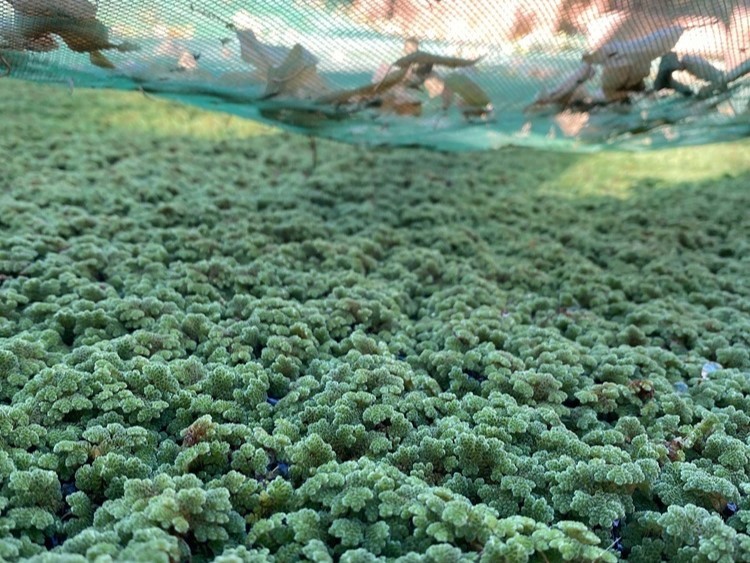
Seed fairs and seed exchanges
Seed fairs and seed exchanges are vital events that significantly contribute to biodiversity conservation and agricultural development. These exchanges, organised between farmers from various communes and regions, serve as a unique gathering opportunity in the High Atlas where farmers can share diverse seed varieties and exchange invaluable knowledge and tips for achieving better harvests. By emphasising a farmer-to-farmer approach, we focus on creating direct connections between farmers. This method ensures effective information dissemination and the organisation of peer-learning workshops, fostering a collaborative environment that enhances agricultural practices and supports biodiversity conservation.
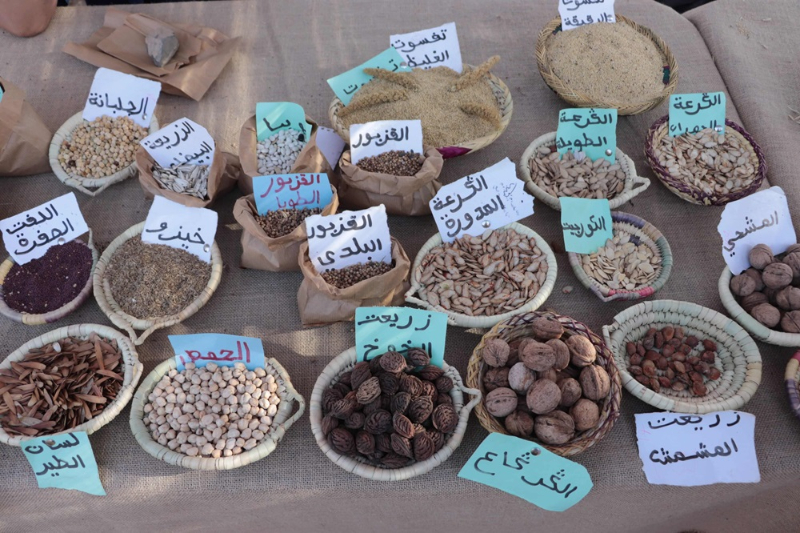
Key takeaways
The experience from our agro-terraces enhancement project in the High Atlas region highlights the importance of working with local communities in development projects. By integrating local knowledge, addressing specific needs through targeted training, and providing access to innovative agricultural solutions, GDF demonstrates that community engagement is not just a component of project success; it is the foundation upon which sustainable progress is built.
Our work in the High Atlas showcases the invaluable contributions of local communities to biodiversity conservation, climate resilience, and agricultural development. As we continue to expand our initiatives, we remain committed to this collaborative approach, recognising that the path to a more sustainable future lies in empowering and partnering with those who are most directly connected to the land and its resources.
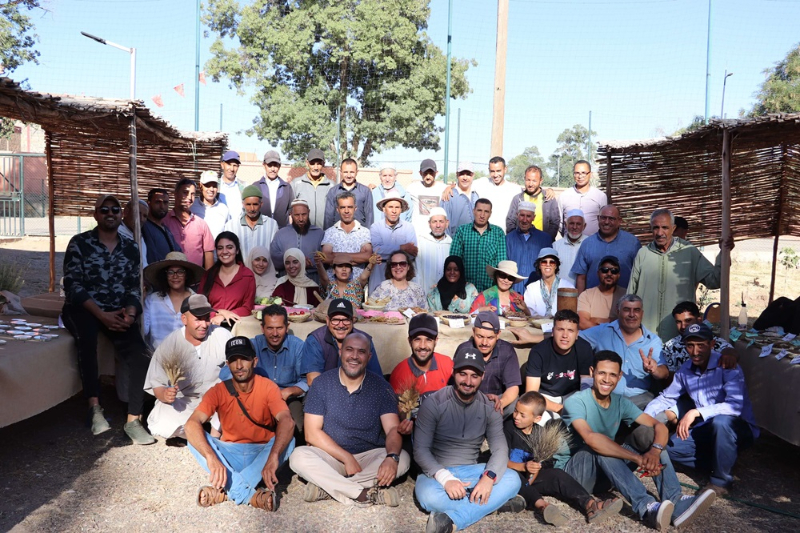
Written by Global Diversity Foundation. For more information on this Darwin Initiative Extra project DAREX002, led by Global Diversity Foundation, please click here.
 Back
Back